SRS offers “School of Hazards” education

A new program at the Savannah River Site is educating workers on everyday workplace hazards through a new hands-on, peer-led mobile field course.

A message from NV5, Inc.
Seconds Matter: Rethinking Nuclear Facility Security for the Modern Threat Landscape

A new program at the Savannah River Site is educating workers on everyday workplace hazards through a new hands-on, peer-led mobile field course.
The next opportunity to earn professional engineer (P.E.) licensure in nuclear engineering is this fall. Now is the time to sign up and begin studying with the help of materials like the online module program offered by the American Nuclear Society.
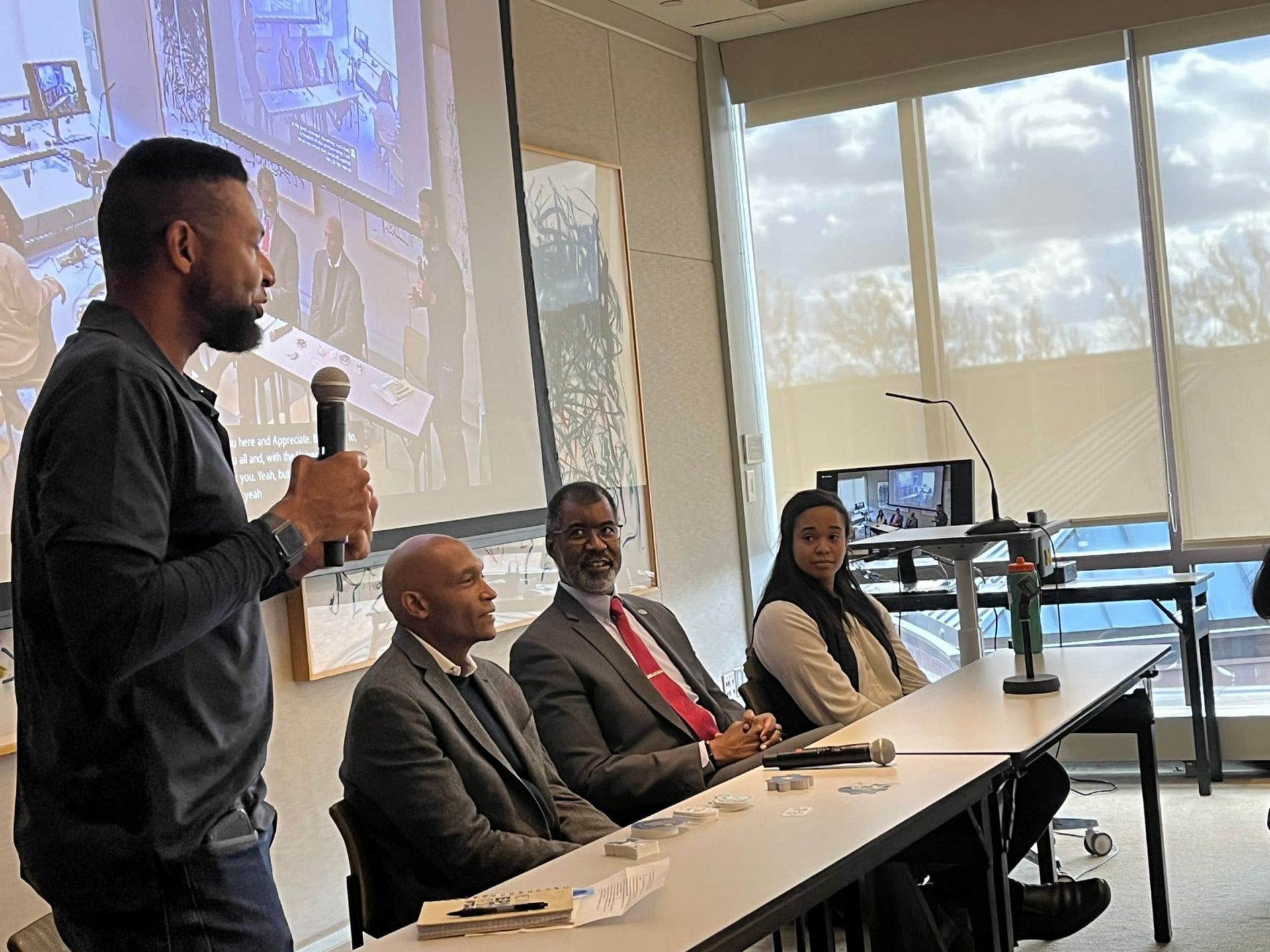
The NEDHO Diversity Panel featured, from left, University of Michigan professor John Foster; Jeffrey Harper, then a vice president at X-energy; William D. Magwood, director general of the NEA; and Londrea Garrett, a Ph.D. student at UM. (Photo: Aditi Verma/University of Michigan)
The Nuclear Engineering Department Heads Organization (NEDHO) has been sponsoring Diversity Panels since October 2022, when the inaugural meeting was hosted by the University of Tennessee Department of Nuclear Engineering. The panels were established as a distinguished speaker series by a working group led by Wes Hines, head of the UT Department of Nuclear Engineering, and Todd Allen, a former NEDHO chair and the current chair of the Department of Nuclear Engineering and Radiological Sciences (NERS) at the University of Michigan.
Allen explained that the panels are meant to be “a first step toward improving the diversity of the talent entering the nuclear science and engineering fields.” The idea came from a presentation by Andreas Enqvist, director of the nuclear engineering program at the University of Florida, at the November 2021 NEDHO meeting. According to Allen, Enqvist described “ASEE [American Society for Engineering Education] data on how poorly the nuclear engineering field was doing at getting black students to study nuclear at the B.S. level and, even worse, how few moved from B.S. to graduate programs.”
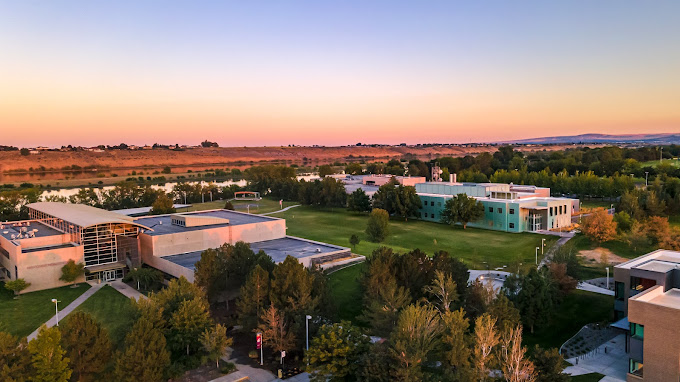
A new engineering scholarship at Washington State University (WSU) Tri-Cities has been established by Longenecker & Associates for students interested in careers that support Department of Energy missions.

Fifteen area high school students recently completed job shadow experiences with leaders, engineers, and education outreach personnel at the Department of Energy’s Savannah River Site in South Carolina, according to Savannah River Nuclear Solutions (SRNS).
The roles of nuclear energy as a clean energy source and in space exploration were highlighted at the recent Atoms for Humanity symposium, held October 25–26, 2023. The symposium, which was organized by Purdue’s Center for Intelligent Energy Systems (CiENS) and hosted by the university’s School of Nuclear Engineering, was held on the West Lafayette, Ind., campus in Eliza Fowler Hall.
The Nuclear Regulatory Commission has announced its intention to award 22 education grants worth a total of $8.2 million to 16 academic institutions in 15 states. The grants, which are part of the NRC’s University Nuclear Leadership Program (UNLP), are meant to support nuclear engineering and science programs. Two of the recipient schools are classified as minority-serving institutions.

The American Nuclear Society President’s Special Committee on Certification is making progress toward launching a nuclear certification program later this year. The program outlined to the ANS Board of Directors in 2023 is being designed to help establish industry standards and bridge workforce gaps in the nuclear sector to address the growing demand for qualified professionals in the nuclear industry.
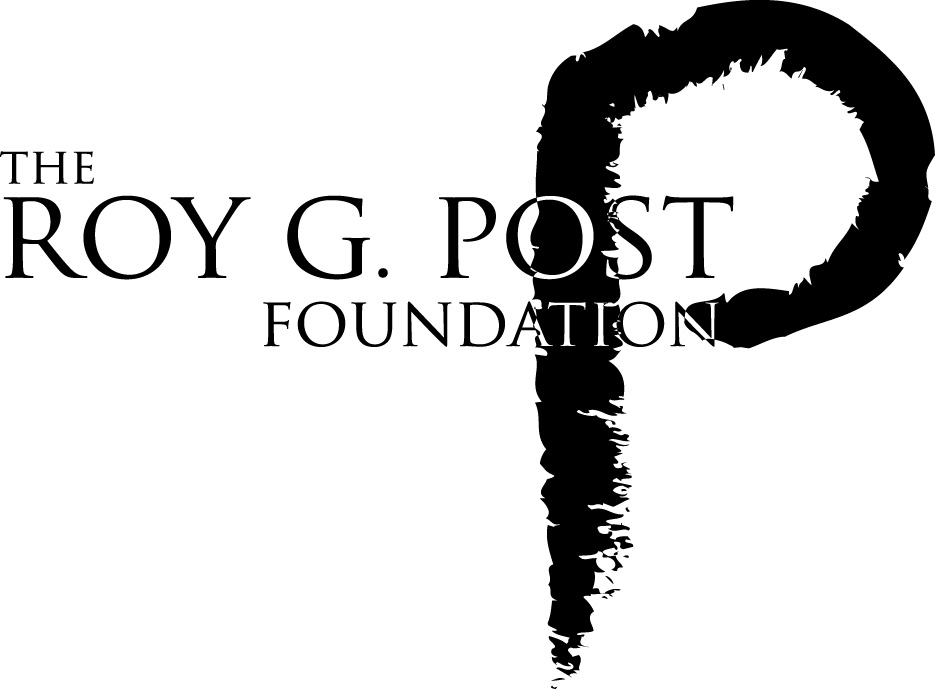
To honor the 50th anniversary of Waste Management Symposia (WMS), Longenecker & Associates (L&A) has announced an increase in its financial support for WMS’s scholarship efforts.
Since launching a 10-year commitment in 2019, L&A has contributed $125,000 to the Post Foundation, which provides scholarships for students pursuing careers in the safe management in nuclear materials and supports their participation in the annual WMS conference on the management of radioactive waste and related topics.
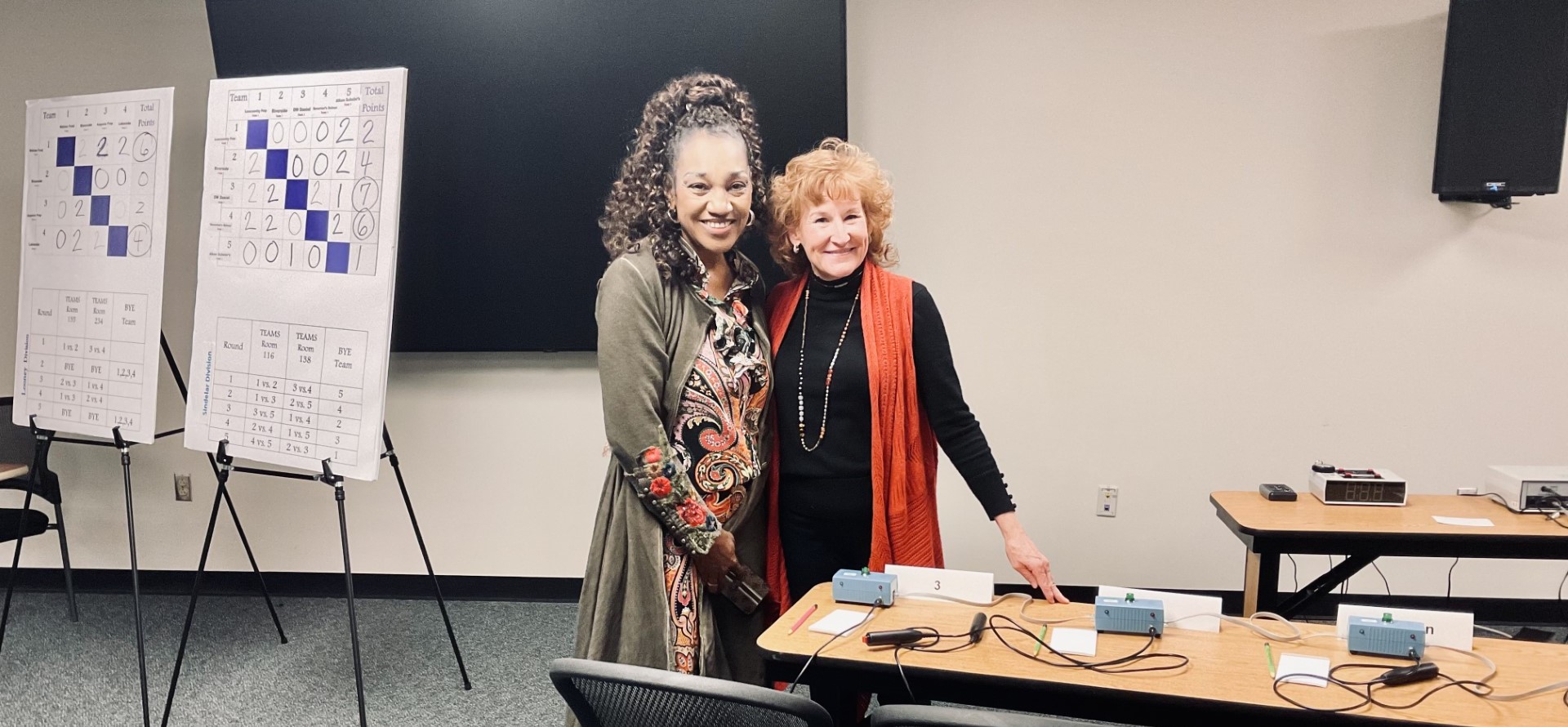
A program manager from the Waste Isolation Pilot Plant recently visited the Savannah River Site to benchmark an education outreach program’s successful science, technology, engineering, and math (STEM) outreach initiatives, which have been in place with local schools since 2008.
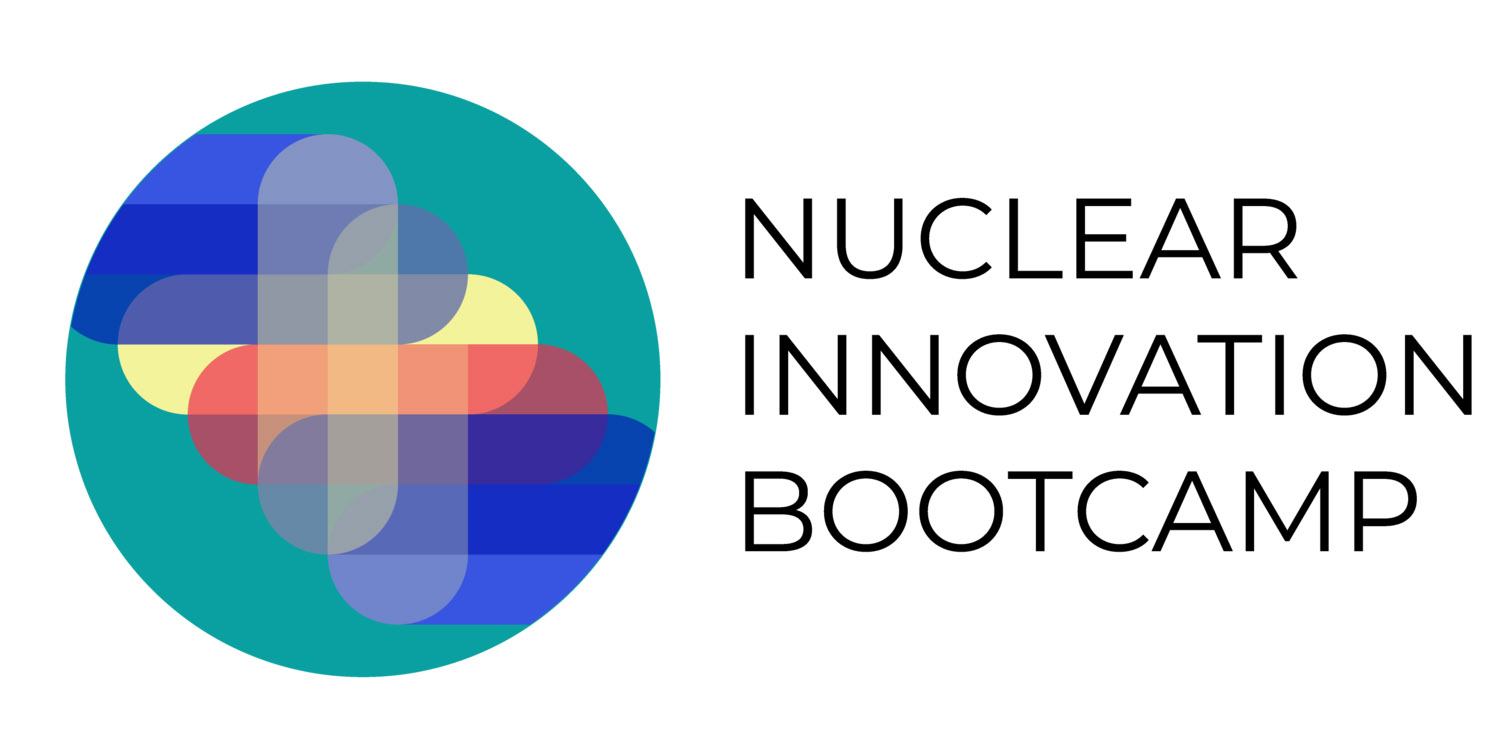
The Nuclear Innovation Bootcamp 2024 takes place this year from July 21 to August 2 at the University of Wyoming in Laramie.
Applications are due by February 25.
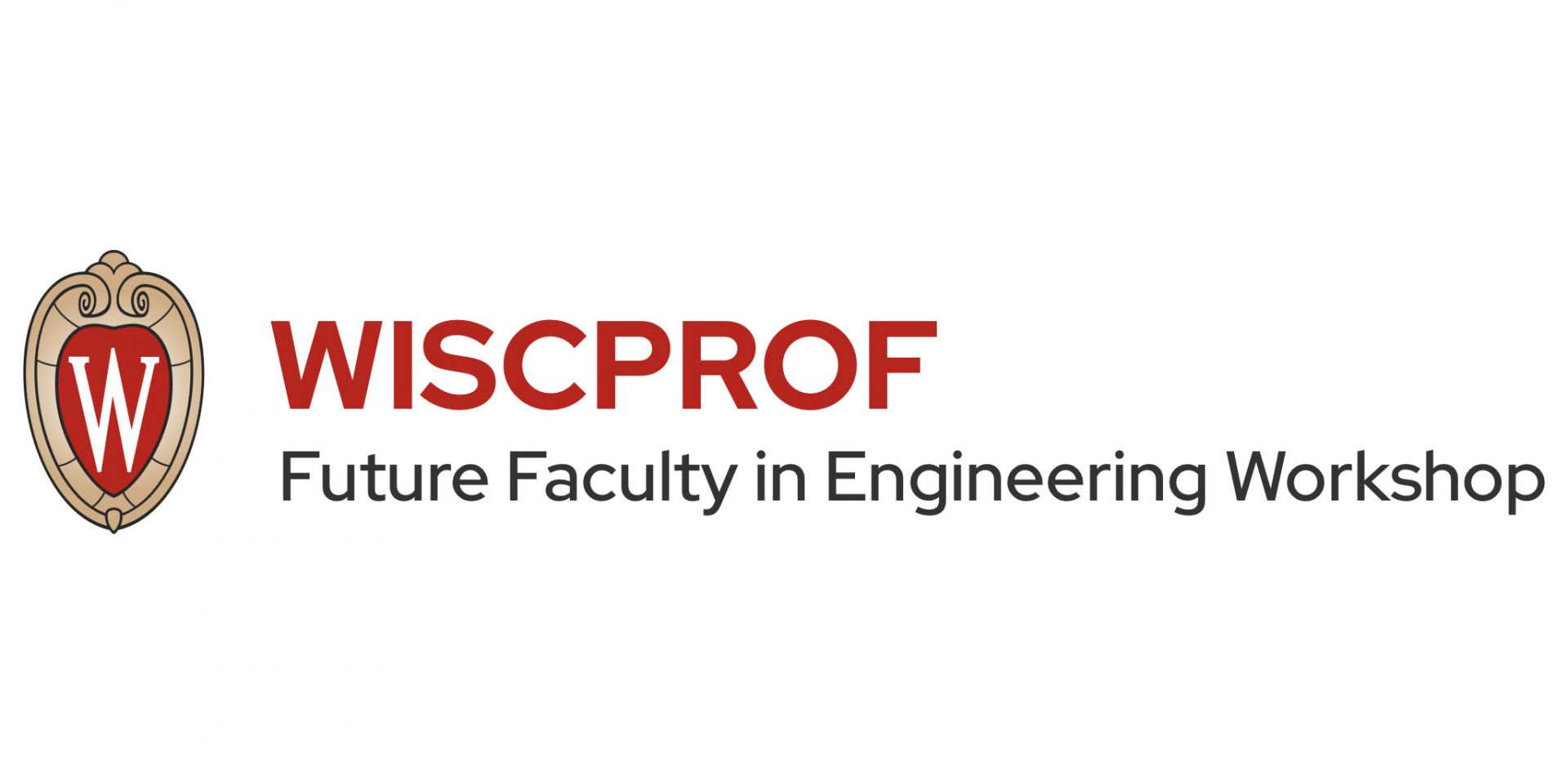
WiscProf, an all-expense-paid engineering workshop at the University of Wisconsin–Madison for future faculty, will be held May 20–23, 2024.
Applications are due by March 1, 2024.
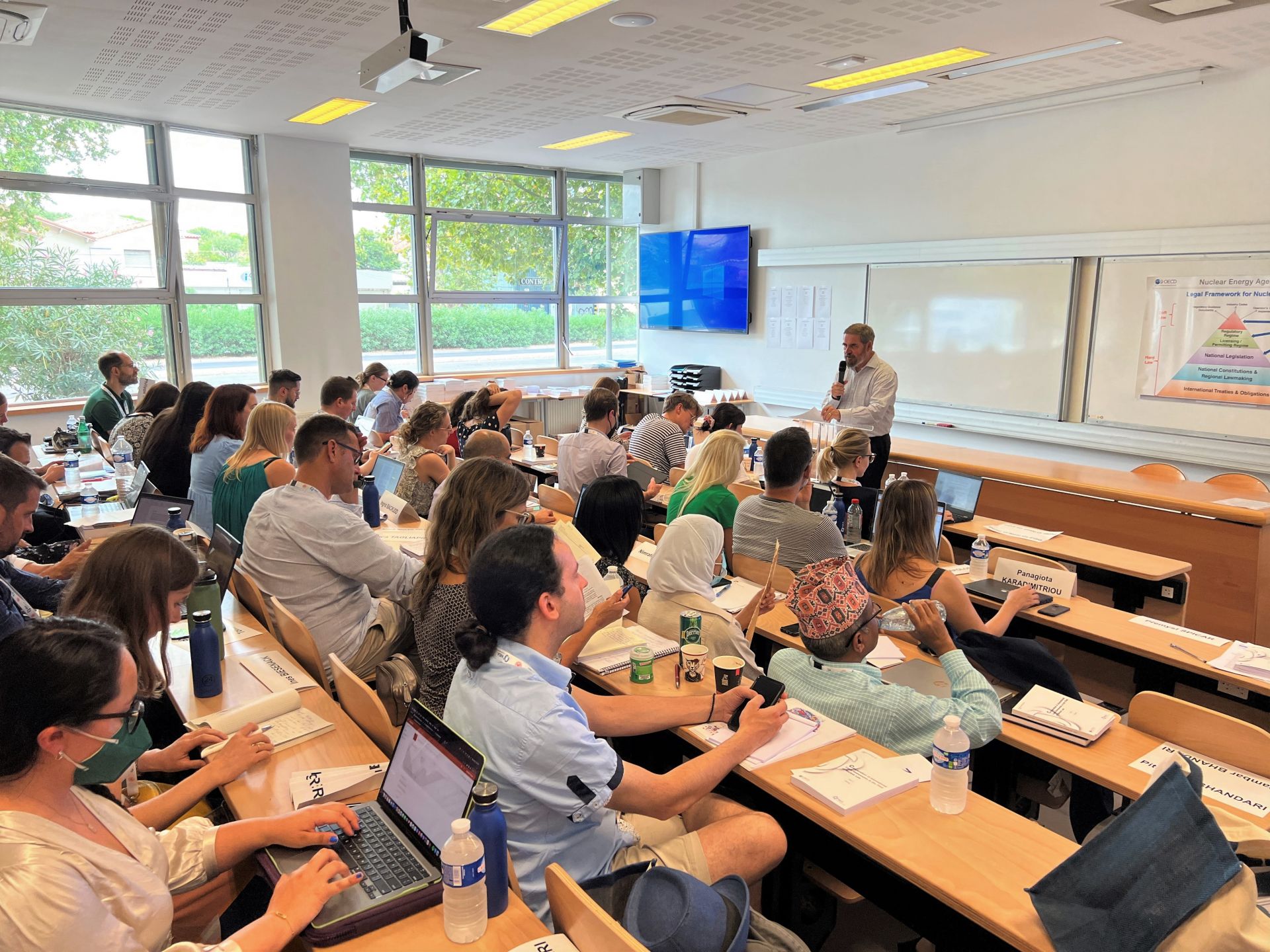
The application period for the 2024 session of the OECD Nuclear Energy Agency’s International School of Nuclear Law (ISNL) is now open. The school will run from August 26 through September 6 in Montpellier, France.
 The recently released 2021–2022 data from the Nuclear Engineering Enrollment and Degrees Survey, prepared by the Oak Ridge Institute for Science and Education (ORISE), might be considered a mix of good news and bad. In 2022, there were 208 doctoral degrees awarded in nuclear engineering in the United States—the most since 1966, when the survey began. However, the overall number of nuclear engineering degrees awarded in 2021 and 2022 was at the lowest level in more than a decade. The results are based on data collected from 34 U.S. universities with nuclear engineering programs.
The recently released 2021–2022 data from the Nuclear Engineering Enrollment and Degrees Survey, prepared by the Oak Ridge Institute for Science and Education (ORISE), might be considered a mix of good news and bad. In 2022, there were 208 doctoral degrees awarded in nuclear engineering in the United States—the most since 1966, when the survey began. However, the overall number of nuclear engineering degrees awarded in 2021 and 2022 was at the lowest level in more than a decade. The results are based on data collected from 34 U.S. universities with nuclear engineering programs.
Nuclear Energy 101, the five-course educational series for congressional staffers, came to a close in October with its final talk. This seminar series is a fun—and popular—tool for ANS to explain the basics of nuclear science and technology to and network with Capitol Hill denizens. After a long hiatus, the series returned in March 2023, and delivered five successful courses.
Are you an energy genius? It’s hard to tell whether or not Americans are really aware of the energy that controls our lives, so the following quiz should be revealing. Click through the multiple-choice options below to reveal the answers. Most answers can be found in the pages of the 2023 issues of Nuclear News—if you’ve been a diligent NN reader you should do fine!
Scoring: Zero to five correct answers out of the 20 questions means you may need to read up on energy in order not to be at the mercy of others. Six to 10 correct answers is a good passing grade. Eleven to 15 right answers means you’re really energy literate. Sixteen to 19 correct answers means you should be advising Congress. Twenty right answers suggests you’re Mr. Spock reincarnated.
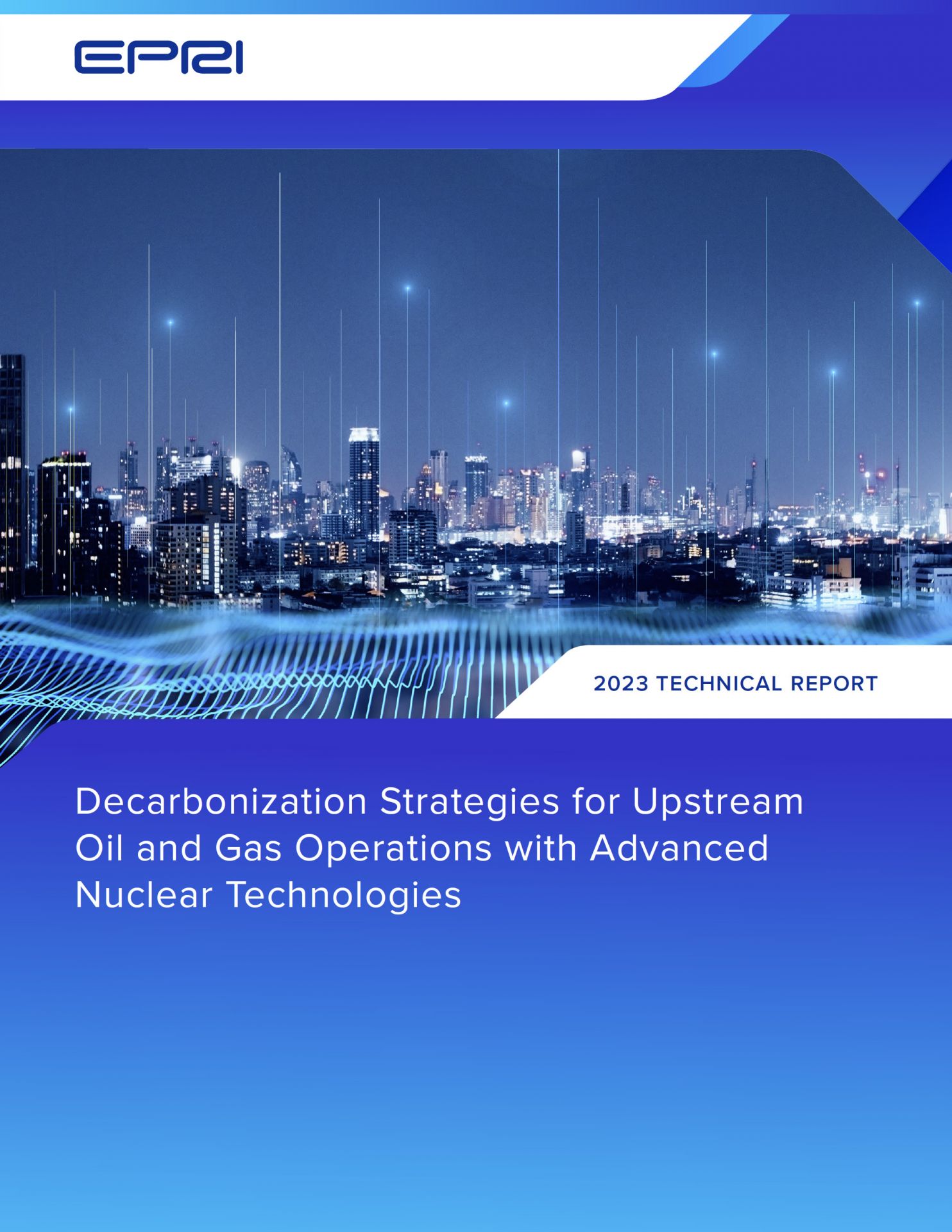 A new report from the Emirates Nuclear Energy Corporation (ENEC) and the Electric Power Research Institute (EPRI) describes the use of nuclear energy to decarbonize some activities normally powered by oil and gas.
A new report from the Emirates Nuclear Energy Corporation (ENEC) and the Electric Power Research Institute (EPRI) describes the use of nuclear energy to decarbonize some activities normally powered by oil and gas.
Decarbonization Strategies for Upstream Oil and Gas Operations with Advanced Nuclear Technologies, prepared by the Massachusetts Institute of Technology under contract to EPRI, was intended to “inform broader discussions around decarbonization [oil and gas] operations” at COP28, held in Dubai, United Arab Emirates, from November 30 to December 12.
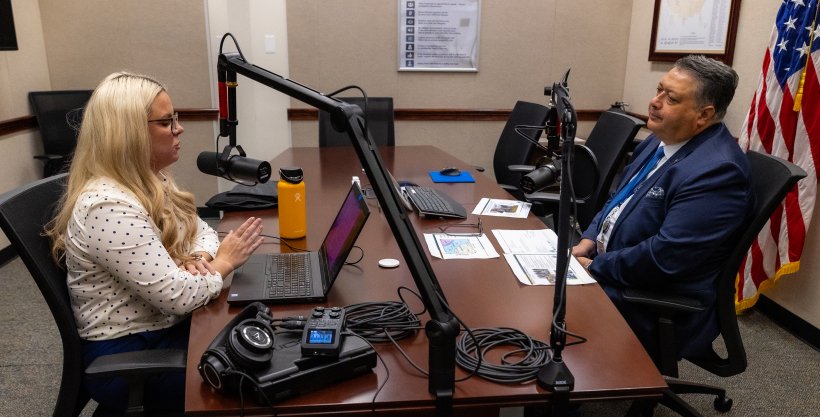
The Department of Energy’s Office of Legacy Management, which oversees department legacy sites that have been cleaned of radioactive waste and environmental contamination, debuted its first podcast on December 15. Launched in honor of the office’s 20th anniversary, the podcast series includes four episodes, each featuring a different member of the DOE-LM team.
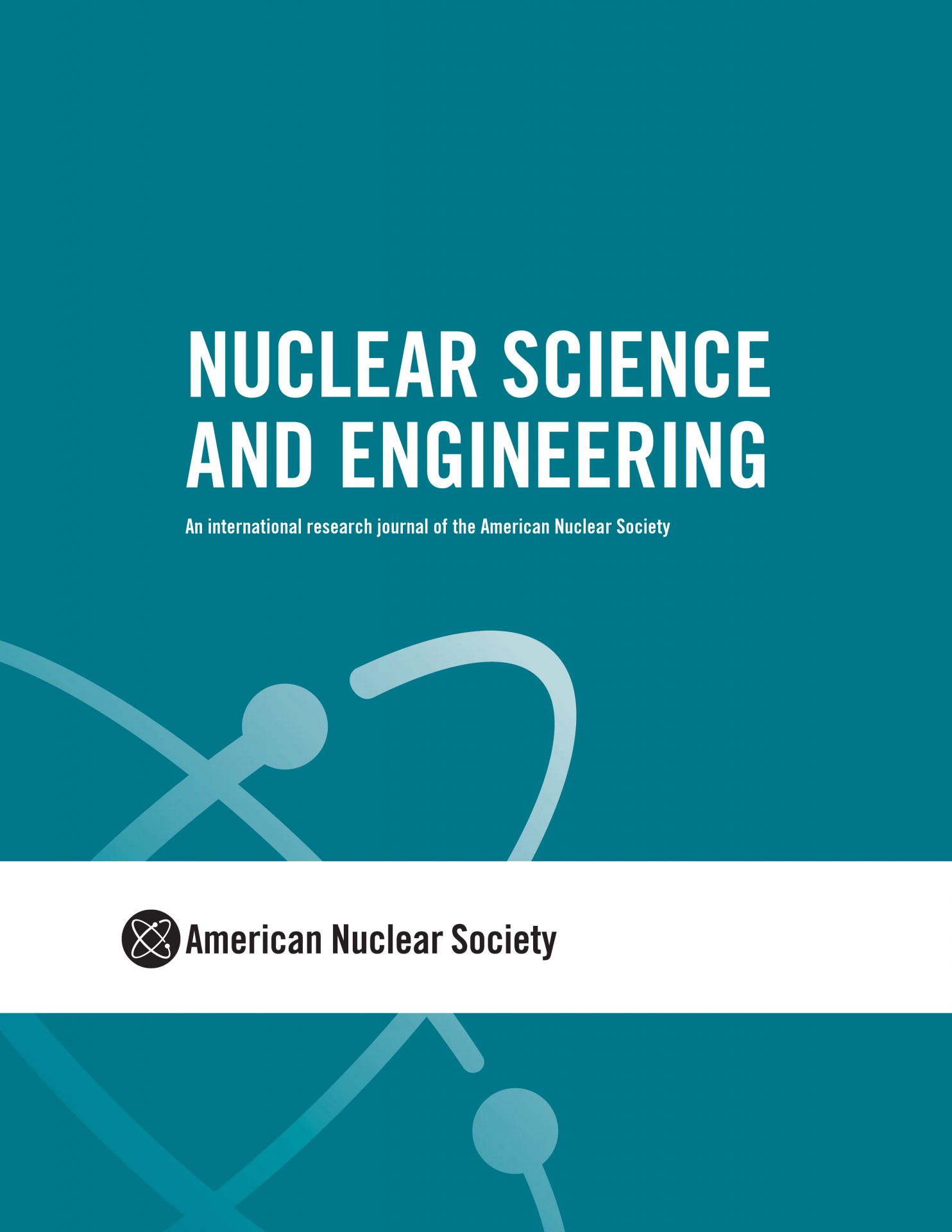 Two teams of guest editors from Idaho National Laboratory have announced plans for special issues of the American Nuclear Society's Nuclear Science and Engineering, the nuclear community’s longest-running technical journal. Abdalla Abou Jaoude and Abderrafi M. Ougouag are leading the NSE issue Technical Challenges and Opportunities in the Development and Deployment of Microreactors, while Joseph Nielsen and Piyush Sabharwall are organizing the NSE issue Irradiation Experiments Supporting Advanced Nuclear Technologies.
Two teams of guest editors from Idaho National Laboratory have announced plans for special issues of the American Nuclear Society's Nuclear Science and Engineering, the nuclear community’s longest-running technical journal. Abdalla Abou Jaoude and Abderrafi M. Ougouag are leading the NSE issue Technical Challenges and Opportunities in the Development and Deployment of Microreactors, while Joseph Nielsen and Piyush Sabharwall are organizing the NSE issue Irradiation Experiments Supporting Advanced Nuclear Technologies.

Carson Noack is a busy young man with a clear vision of the future of energy. The 23-year-old undergraduate is slated to receive his bachelor’s degree in mechanical engineering from Abilene Christian University (ACU) in 2024. He’s also a researcher in the university’s Nuclear Energy eXperimental Testing (NEXT) Laboratory, which has been making news with its plans to build the first new research reactor in the United States in more than 30 years—the Molten Salt Research Reactor (MSRR).